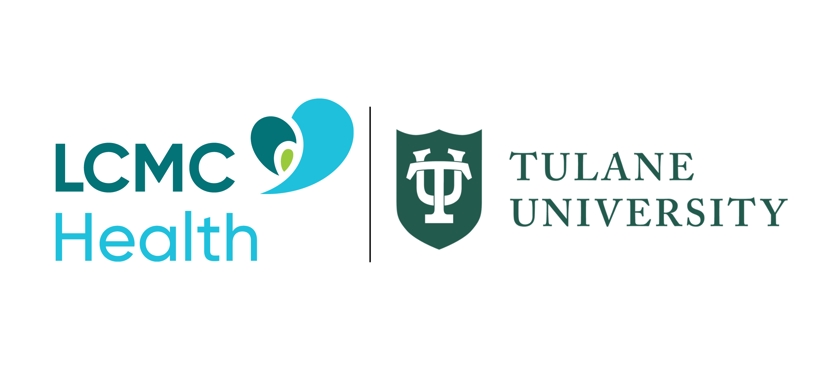Health tips for nutrition to fuel a healthy lifestyle
- Category: Healthy Living, Primary Care, Nutrition Services
- Posted on:

You exercise regularly, get quality sleep and are working at managing stress. However, those health tips can fall short without proper nutrition in the mix. Let’s focus on the foods you need to maintain a healthy lifestyle.
Finding balance in your diet
Healthy eating patterns for the long term have balance. They don’t drop any food group wholesale for quick weight loss. Rather, a healthy diet has the right amount of the following:
- Carbohydrates
- Fat
- Fiber
- Minerals
- Protein
- Vitamins
- Water
According to the Centers for Disease Control and Prevention, most Americans don’t get enough fiber or certain vitamins and minerals, including calcium, potassium and vitamin D. Fortunately, you can get more of all these with the tip that guides all health tips: Eat vegetables and fruit as colorful and varied as your life.
For a fiber boost, eat oatmeal and raw fruits and vegetables. Pick spinach, bananas, 100% orange juice and other fortified foods to up your intake of potassium, calcium and vitamin D. Go with low-fat dairy products and lean meat and fish for other essential nutrients.
Cut back on anything that doesn’t help you maintain a healthy lifestyle. That includes:
- Added sugars. Food manufacturers stuff sugar in all sorts of foods and drinks, so look at the Nutrition Facts label and avoid items high in added sugars. According to the American Heart Association, men should limit their consumption of added sugars to 36g or 9 teaspoons and women to 24g or 6 teaspoons per day.
- Sodium. TV dinners, fast food and prepackaged foods contain a lot of sodium, which is used to preserve foods and add flavor. Eating high-sodium foods can raise your risk for high blood pressure and other serious health issues. One way to reduce sodium intake is to cook your own food from scratch.
- Saturated fats. Found in beef, cheese and whole milk, saturated fats increase cholesterol, contributing to your risk for heart disease and more. Since you’re aiming for a healthier life, cook with olive oil and choose low-fat dairy.
Sizeable health tips
On top of eating the right foods, consider how much you eat. It’s possible to eat too much of a good thing. To reduce the risk of overeating, follow these tips:
- Minimize your plate. Using a smaller plate is a simple life hack to change your eating patterns. With a smaller plate, you can fill and finish your plate without eating more calories than your body needs.
- Take your time. Life moves at a mile a minute. Dinner shouldn’t. No matter how good your cooking is, don’t rush through meals. Set your fork down after every bite and chew thoroughly before swallowing. If you’re eating with loved ones, try to talk more than you eat. This gives your brain time to realize when you’re full, so you’re less likely to overeat.
- Drink to your health. Consuming plenty of water each day is essential for good health. Water keeps you hydrated, helps your body function optimally and fills you up. With a full belly, you are less likely to crave unhealthy snacks or overeat at mealtime.
Knowing how much and what to eat takes practice. You should know how many calories your body needs and the best places to get those calories. Tools, such as the Body Weight Planner from the National Institute of Diabetes and Digestive and Kidney Diseases, can help you set goals. For individualized recommendations, talk with your primary care provider to learn how to best fuel your body and other health tips.
Ready to take the first step toward better health? Find a primary care provider at LCMC Health to get started.

